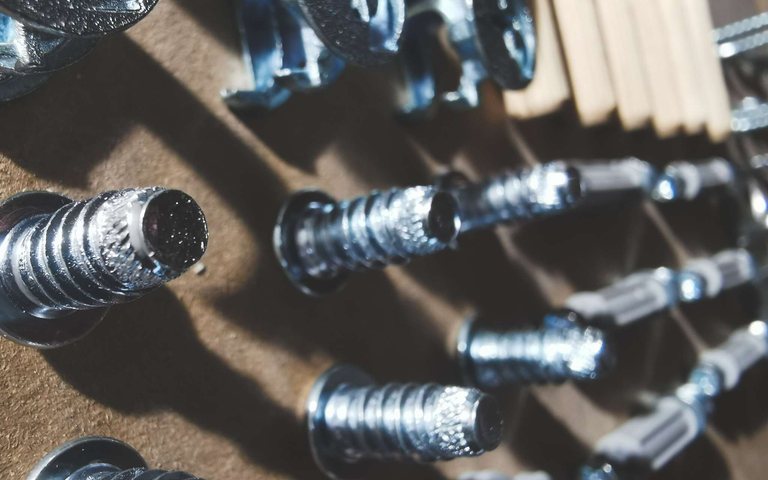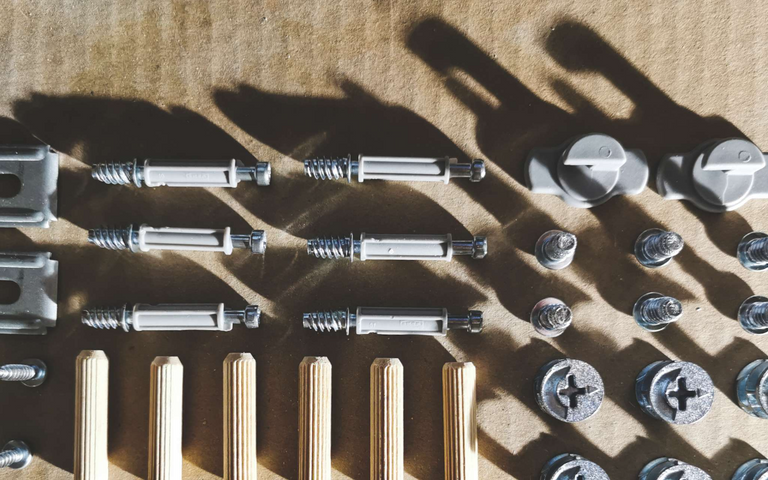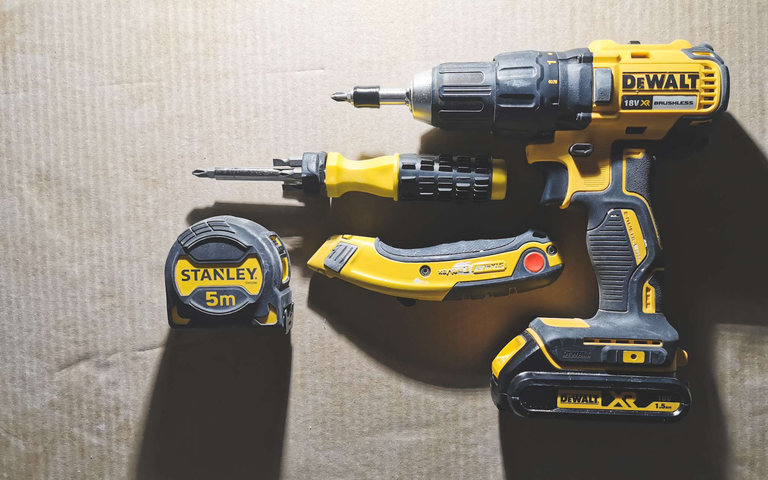You can probably tell what I have been doing today from the pictures alone, as most people have experience building flat-packed furniture by now. It is cheaper and despite having to actually build it, relatively convenient too, as it is possible to buy it early and store it for when needed, rather than having to have some cabinet maker bring and install it. Here at least, it is between 1500 and 3000 euros for an "Ikea certified" person to come and do this job and the hanging, which means it is about a third of the price of the cabinets on top.
I'll do it myself.
With help.

I wish we had found these people when we started the renovation - we would have saved about 20K and the work would have been done far better than some of it was. Unfortunately, we can't go back in time and correct it now, so we will have to accept it as "quirks of the house" for the next couple decades.
I am a bit annoyed.
But at least, we have decent people now to move forward with and they don't mind working in the evenings, and some weekends too. Though, we are on our own this weekend and while Smallsteps has been at her grandparents' place, we have been making most of the cupboards, sanding walls, basecoat and now the first topcoat. I wanted a different color for the kitchen.
I was vetoed.
So now it is going to be the same as the rest of the house, which is fine, but still - a bit bland. It should look okay once everything is installed however and there isn't that much exposed wall space anyway.
Play it safe.

What I noted while putting together the cabinets is something that I have mentioned before, as to why I have chosen an Ikea kitchen again. They are built well and although almost identical to what I built for our last kitchen in an apartment, there have been little improvements made to make things either easier to build or better functioning once built.
One of the good things with buying from Ikea is that millions of other people have bought from there too, and when something doesn't work, they return it. Due to the scale of the business, if something doesn't work consistently, they will have to fix it, essentially setting up a continuous improvement process, making the products better over time. I am not sure when the Metod kitchen was introduced, but it functions well, is strong, lasts and is easy to update in style, if one chooses.

I am not a big fan of the conglomerates and massive multinationals like Ikea, but at the same time, there is very little option for those who have to be more price sensitive. And then, even when we have tried to "buy local" what we have been met with is, "because of the Supply chains", which indicates that not much of what they are actually doing is local anyway, which for things like wood, is annoying as Finland has plenty and operational sawmills to cut it.
So, what is the difference when what local companies are producing, isn't actually sourced locally? They are still paying their employees who are living locally, but so is Ikea. All those many fittings, the screws and bolts and the boards themselves from the local kitchen shops, don't seem to be produced locally. Our stone tops are at least cut locally in a factory here, though only a small amount of the stone is from local quarries, given the range.
I have pretty much given up on trying to support local business because of this, but am still looking to support local people where I can. Which is why building work is not a bad way to support local, because they are all local businesses, all tradespeople doing their thing. And I don't think this is going to change too much in the near future, as it is going to be hard to get a robot to do the gyproc-ing, or the plumbing, and it is is going to be some time before it is possible to order the entire house from Amazon.
The people with skills that are "always required" locally are going to find themselves in demand, which is obviously a good thing for everyone else, except prices are going to increase, because there just aren't enough local young people interested in learning these skills. It isn't Instagrammable enough I guess. What is interesting however, is that these kinds of manual jobs end up being filled by imports, like myself. It is the same with other jobs like cleaning and nursing - things that have to be performed locally.
Hard to say "they are stealing our jobs" when the jobs they are doing are in demand and still struggling to find enough workers. In the end, they will have to pay more, but by that time, there will be a large local skill gap, forcing labor migration to plug holes. It already happens in other professional industries here, like in metal work, because there just aren't enough welders to satisfy demand, a problem that has been in play for two decades already.
For me though, I am looking forward to not doing too much more of this work, as I have had long work weeks and for a while now, very little time to relax or do something I want to do, not what I need to do. This weekend and perhaps next weekend will be hectic, but once we are waiting for the counter tops (they come to measure on Wednesday), I can't do much else.
A break will be nice!
Only a break from this work though, as there are some ongoing challenges that need to be dealt with in the coming weeks, but that is maybe a story for another time.
A few more cupboards to go....
Taraz
[ Gen1: Hive ]